The US government continues to restrict exports of chips and artificial intelligence technology, fragmenting the market to maintain advanced technology in the United States and among allies, while looking for ways to block China's access.
Limiting the number of AI chips exported
New US rules would limit the number of AI chips exported to most countries and allow America's closest allies unlimited access to American AI technology, while maintaining a ban on exports to China, Russia, Iran and North Korea.
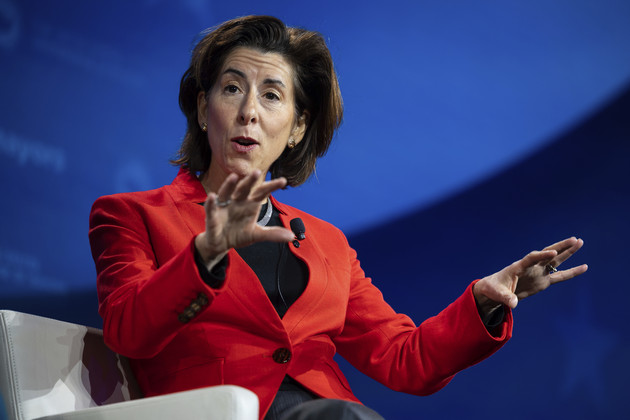
US Secretary of Commerce, Gina Raimondo.
Announced in the final days of the outgoing administration of President Joe Biden, the new rules go beyond China and are aimed at helping the United States maintain its dominance in AI by regulating the field worldwide .
“The United States is currently leading in AI – both in AI development and AI chip design – and it is important that we maintain that,” said US Secretary of Commerce Gina Raimondo.
These regulations would restrict China's access to advanced chips, which could strengthen its military capabilities and maintain America's leadership in AI by closing loopholes and adding new barriers to controlling the flow of chips and the global development of AI.
While it is unclear how the incoming administration of President-elect Donald Trump will enforce the new rules, the two administrations share a common view of the threat of competition from China. The rule will take effect 120 days after its publication, giving the Trump administration time to consider it.
The new limits will apply to advanced graphics processing units (GPUs), which are used to power data centers needed to train AI models. Most are made by Santa Clara, California-based Nvidia, while Advanced Micro Devices also sells AI chips.
Major cloud providers like Microsoft, Google, and Amazon could seek global approval to build data centers. Once approved, cloud providers would no longer need to apply for licenses to export AI chips, allowing them to build data centers in countries that can’t import enough chips due to quotas.
To obtain the seal of approval, authorized companies must comply with strict conditions and restrictions, including confidentiality requirements, reporting requirements, and a plan or track record.
So far, the Biden administration has imposed sweeping restrictions on China’s access to advanced chips and the equipment to make them, updating controls annually to tighten restrictions and punish countries that don’t comply.
AI chip control orders risk handing the market to competitors
Tech giant Nvidia called the rules "overreach" on Tuesday and said the White House would clamp down on "technology already available in mainstream gaming PCs and consumer hardware." Data center provider Oracle argued earlier this month that the rules would hand "a large portion of the global AI and GPU market to competitors from China."
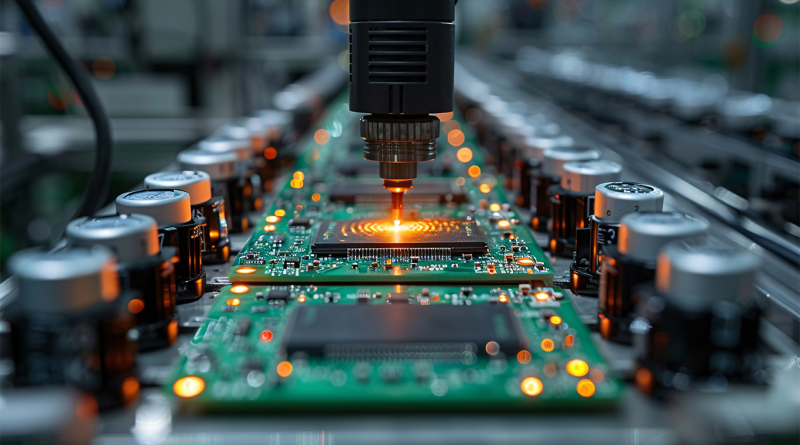
The US tightens control of AI chips globally.
The rules impose worldwide licensing requirements on advanced chips, with some exceptions, and also place controls on what are known as “weight models” of the most advanced AI models. Weight models help determine decision-making in machine learning and are often the most valuable elements of an AI model.
The regulation divides the world into three tiers. About 18 countries, including Japan, Britain, South Korea and the Netherlands, will be essentially exempt from the rules. About 120 others, including Singapore, Israel, Saudi Arabia and the United Arab Emirates, will face national restrictions. Meanwhile, countries under arms embargoes like Russia, China and Iran will be banned from receiving the technology altogether.
Additionally, US-based providers with global authorizations like Amazon Web Services and Microsoft will be allowed to deploy only 50% of their total AI computing capacity outside the US, no more than 25% outside Tier 1 countries, and no more than 7% in a non-Tier 1 country.
China's Commerce Ministry said that in response to the new rules, the country will take necessary measures to protect its "legitimate rights and interests."
AI has the potential to increase access to health care, education and food, among other benefits, but it could also help develop biological and other weapons, facilitate cyberattacks and support surveillance and other human rights abuses.
“The United States must prepare for a rapid increase in AI capabilities in the coming years, which could have transformative effects on our economy and national security,” said US National Security Advisor Jake Sullivan.
Source: https://www.baogiaothong.vn/my-siet-chat-kiem-soat-chip-ai-tren-toan-cau-192250114113232991.htm



![[Photo] Panorama of the cable-stayed bridge, the final bottleneck of the Ben Luc-Long Thanh expressway](https://vphoto.vietnam.vn/thumb/1200x675/vietnam/resource/IMAGE/2025/9/30/391fdf21025541d6b2f092e49a17243f)
![[Photo] President Luong Cuong receives President of the Cuban National Assembly Esteban Lazo Hernandez](https://vphoto.vietnam.vn/thumb/1200x675/vietnam/resource/IMAGE/2025/9/30/4d38932911c24f6ea1936252bd5427fa)
![[Photo] The 1st Congress of Phu Tho Provincial Party Committee, term 2025-2030](https://vphoto.vietnam.vn/thumb/1200x675/vietnam/resource/IMAGE/2025/9/30/1507da06216649bba8a1ce6251816820)
![[Photo] Solemn opening of the 12th Military Party Congress for the 2025-2030 term](https://vphoto.vietnam.vn/thumb/1200x675/vietnam/resource/IMAGE/2025/9/30/2cd383b3130d41a1a4b5ace0d5eb989d)
![[Photo] General Secretary To Lam, Secretary of the Central Military Commission attends the 12th Party Congress of the Army](https://vphoto.vietnam.vn/thumb/1200x675/vietnam/resource/IMAGE/2025/9/30/9b63aaa37ddb472ead84e3870a8ae825)
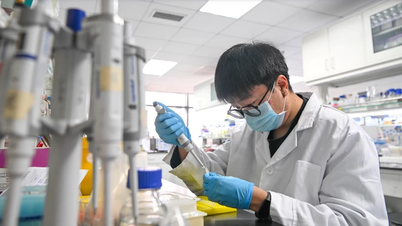

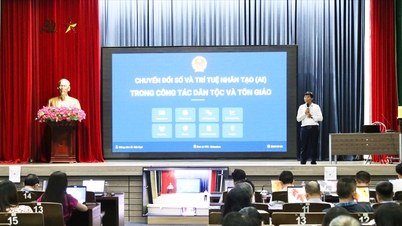

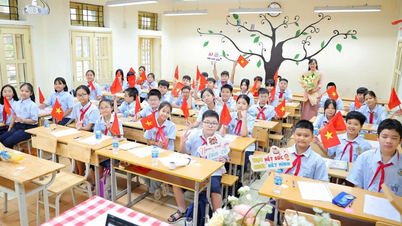





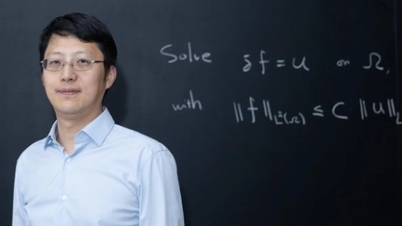
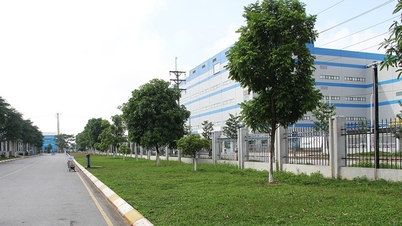




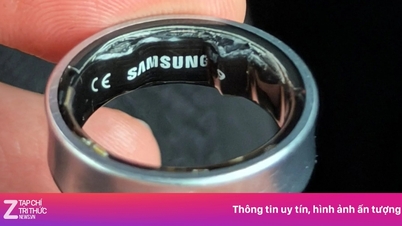
















































































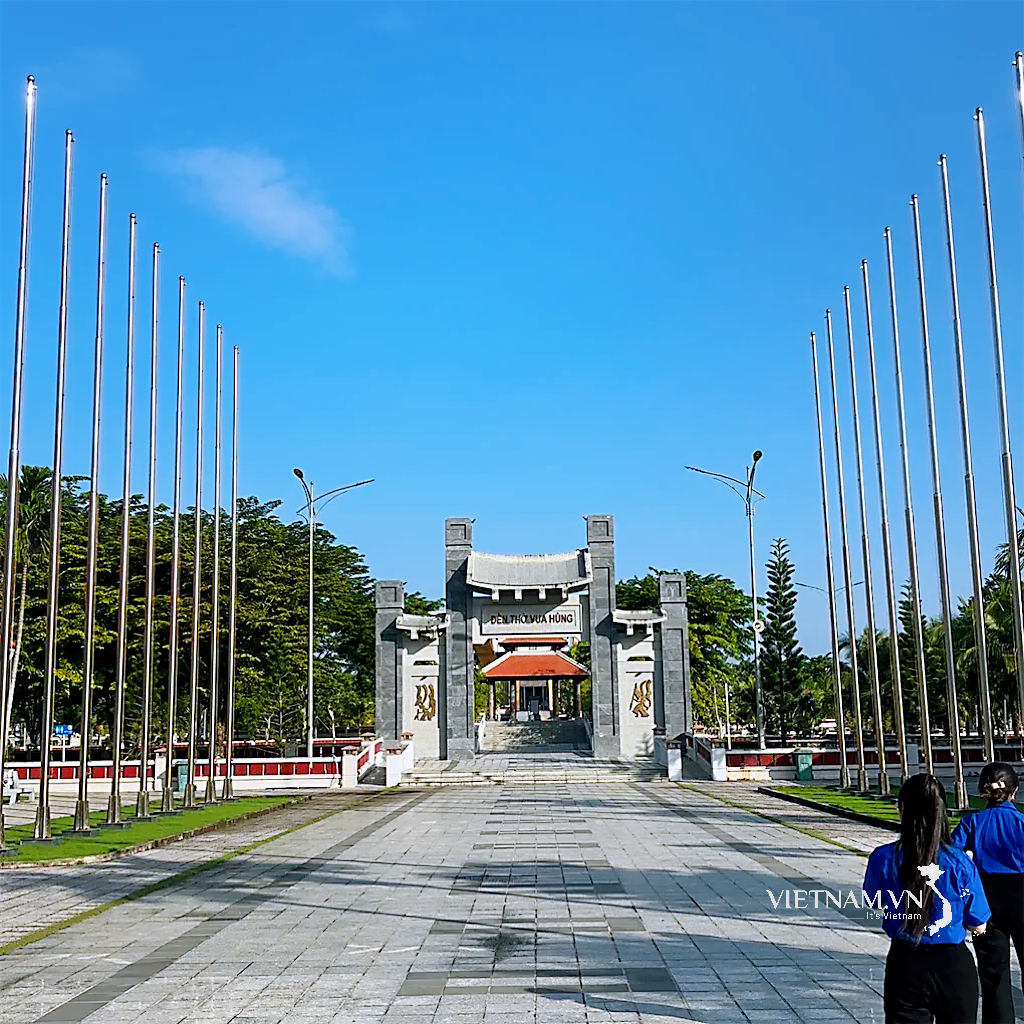
Comment (0)